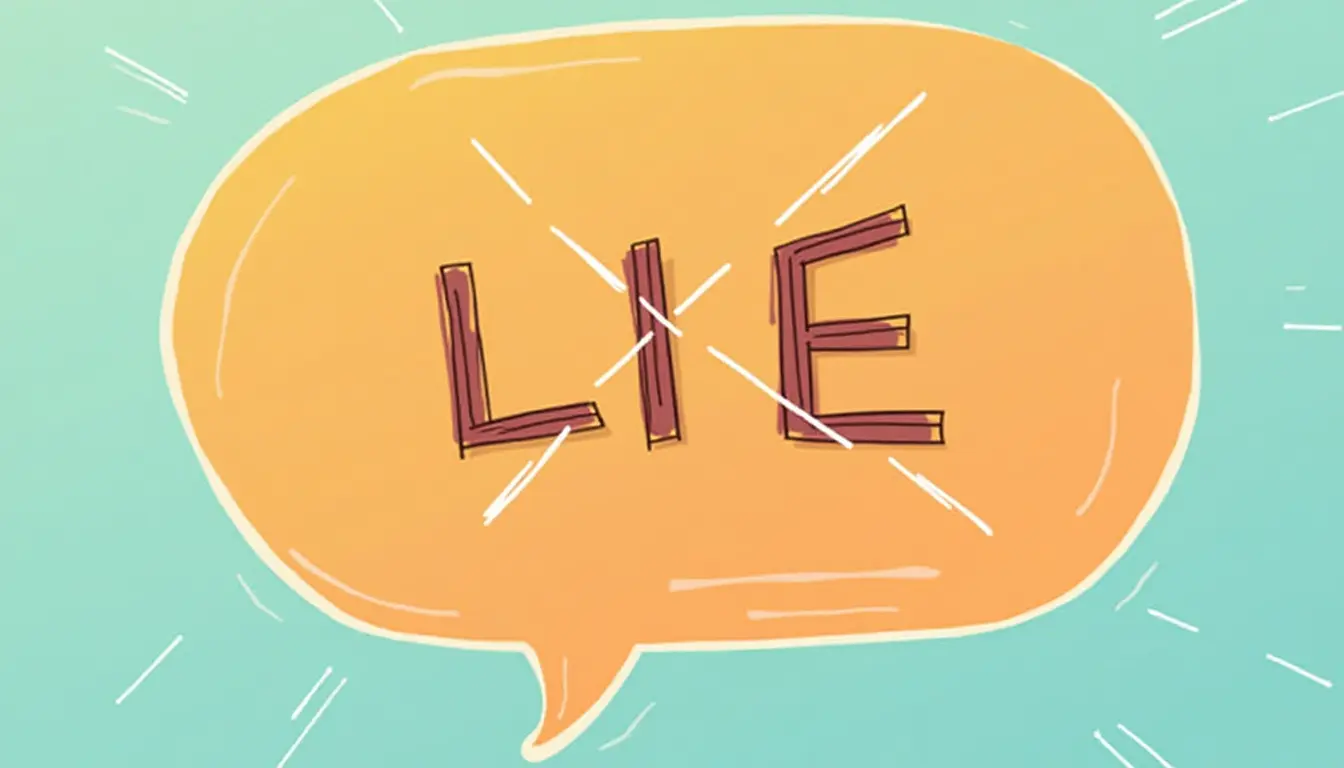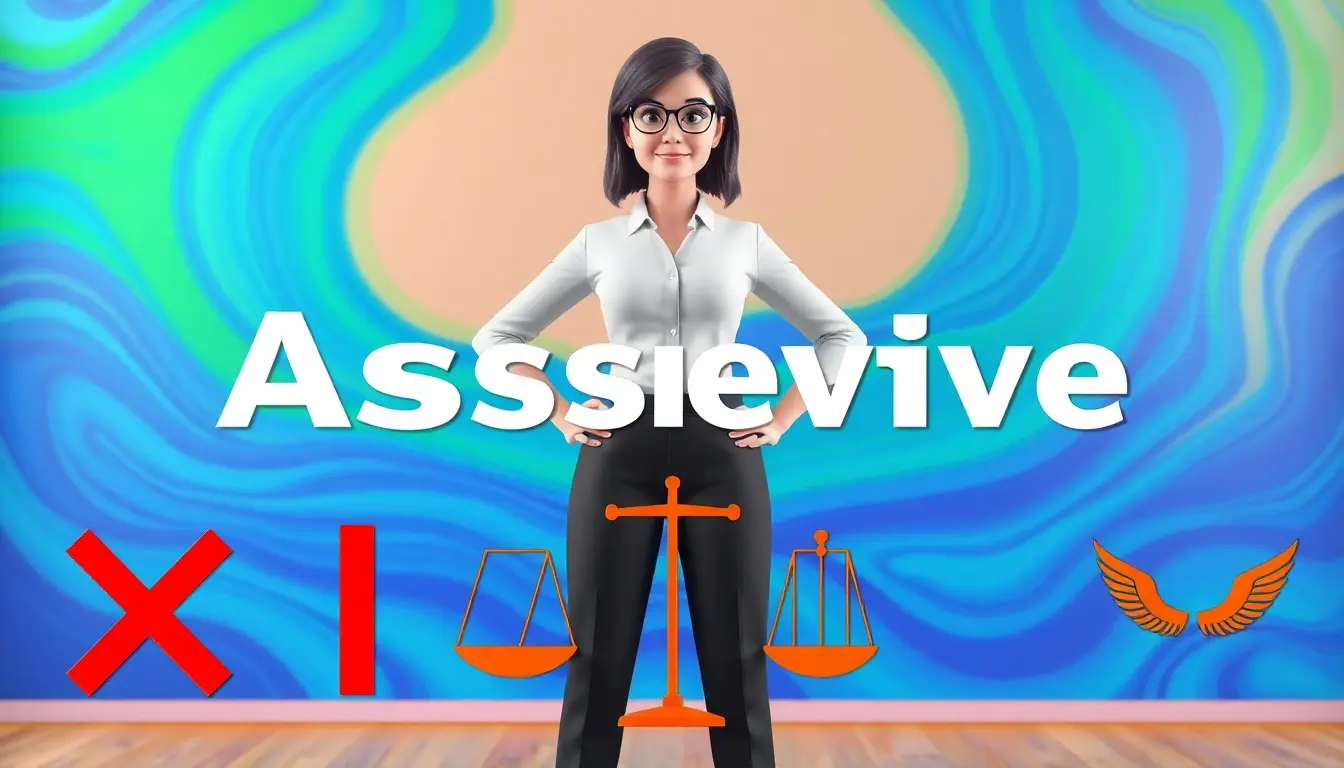The concept of assertiveness has been touted as a key to success in personal and professional relationships. We’re told that being assertive is essential for getting what we want, setting boundaries, and earning respect from others. But what if I told you that this notion is only half-true? That there’s a darker side to assertiveness that nobody talks about? In this article, we’ll explore the assertiveness lie and what they’re not telling you.
The Myth of Assertiveness
Assertiveness is often presented as a one-size-fits-all solution to communication problems. We’re led to believe that if we just speak up, set clear boundaries, and express our needs clearly, we’ll get what we want and be respected by others. But this oversimplifies the complexities of human relationships. In reality, assertiveness can be a double-edged sword. When used appropriately, it can be a powerful tool for effective communication. However, when misused, it can come across as aggressive, entitled, or even bullying.
For example, imagine a scenario where you’re in a meeting and you need to express your concerns about a project. You’ve been taught to be assertive, so you speak up loudly and clearly, stating your needs and expectations. But what if your tone comes across as condescending or aggressive? What if your colleagues feel belittled or intimidated by your assertiveness? In this case, your assertiveness has backfired, and you’ve damaged your relationships with your team members.
The Dark Side of Assertiveness
The assertiveness lie is that it’s always a positive trait. We’re not told about the potential downsides of assertiveness, such as:
-
Aggression: When assertiveness tips into aggression, it can lead to conflict and damaged relationships.
-
Entitlement: When we’re too assertive, we can come across as entitled, expecting others to cater to our needs without considering their own.
-
Bullying: In extreme cases, assertiveness can be used as a form of bullying, where we use our power or influence to get what we want, regardless of the cost to others.
These negative consequences are often swept under the rug, and we’re left with a simplistic view of assertiveness as a universally positive trait.
The Cult of Assertiveness
The assertiveness industry is a multi-billion-dollar market, with countless books, courses, and coaches promising to teach us how to be more assertive. But what’s driving this obsession with assertiveness? Is it really about effective communication, or is it about something more sinister?
The Commodification of Assertiveness
Assertiveness has become a commodity, something to be bought and sold. We’re told that if we just pay for the right course or book, we’ll become more assertive and successful. But this reduces assertiveness to a set of techniques and strategies, rather than a genuine approach to communication. It’s like trying to buy a personality trait, rather than developing it through self-awareness and practice.
The Assertiveness Industrial Complex
The assertiveness industry is fueled by our insecurities and fears. We’re told that if we’re not assertive enough, we’ll be walked all over, ignored, or disrespected. This creates a sense of anxiety and urgency, driving us to buy into the latest assertiveness fad or guru. But what if we’re just being manipulated by clever marketing and pseudoscience?
The Alternative to Assertiveness
So, what’s the alternative to assertiveness? Is it passivity or aggression? No, there’s a third way: emotional intelligence. Emotional intelligence is the ability to understand and manage our own emotions, as well as those of others. It’s about being aware of our impact on others, and adjusting our communication style accordingly.
The Power of Empathy
Empathy is a key component of emotional intelligence. When we take the time to understand others’ perspectives and feelings, we can communicate more effectively and build stronger relationships. This doesn’t mean sacrificing our own needs and desires; it means finding a balance between our own needs and those of others.
The Art of Active Listening
Active listening is another essential skill for effective communication. When we listen carefully to others, we can avoid misunderstandings and build trust. This doesn’t mean we have to agree with others; it means we’re willing to hear them out and consider their point of view.
The Real Secret to Effective Communication
So, what’s the real secret to effective communication? It’s not assertiveness; it’s self-awareness. When we’re aware of our own strengths, weaknesses, and emotions, we can communicate more effectively and build stronger relationships. This means being honest with ourselves about our motivations, biases, and fears.
The Importance of Feedback
Feedback is essential for effective communication. When we’re open to feedback, we can adjust our communication style and avoid misunderstandings. This doesn’t mean we have to take feedback personally; it means we’re willing to learn and grow from our interactions with others.
The Power of Vulnerability
Vulnerability is a powerful tool for effective communication. When we’re willing to be vulnerable and open with others, we can build trust and create deeper connections. This doesn’t mean being weak or passive; it means being brave enough to be ourselves, without pretenses or masks.
FAQ
What’s the difference between assertiveness and aggression?
Assertiveness is about expressing our needs and wants clearly and respectfully, while aggression is about imposing our will on others through force or coercion.
Is assertiveness always a positive trait?
No, assertiveness can have negative consequences, such as aggression, entitlement, or bullying, if not used appropriately.
What’s the alternative to assertiveness?
The alternative to assertiveness is emotional intelligence, which involves understanding and managing our own emotions, as well as those of others.
How can I develop emotional intelligence?
You can develop emotional intelligence through self-awareness, empathy, active listening, and feedback.
Is vulnerability a sign of weakness?
No, vulnerability is a sign of courage and strength, as it requires us to be open and honest with others, without pretenses or masks.
Conclusion
The assertiveness lie is a myth that needs to be debunked. Assertiveness is not always a positive trait, and it can have negative consequences if not used appropriately. The alternative to assertiveness is emotional intelligence, which involves self-awareness, empathy, active listening, and feedback. By developing these skills, we can communicate more effectively and build stronger relationships. Remember, effective communication is not about being assertive; it’s about being aware of our impact on others and adjusting our communication style accordingly.






Leave a Reply